News 2022
New: Selected Papers of George Gerstein
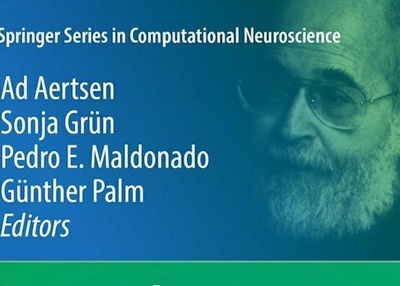
Just in time for the 2022 Society for Neuroscience Meeting in San Diego, Springer presents a new book in its Springer Series in Computational Neuroscience: Introducing Computation to Neuroscience – Selected Papers of George Gerstein.
Sign Inversion in a Large Auditory Brainstem Synapse
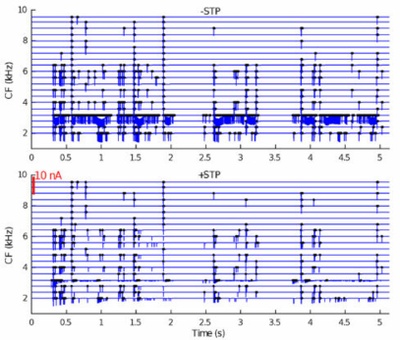
New publication in the Journal of Neuroscience: In a cooperation with the University of Veterinary Medicine Hannover, Freiburg researchers uncover how our auditory system is filtering out unwanted activity.
BernsteinCorTeC Award 2022
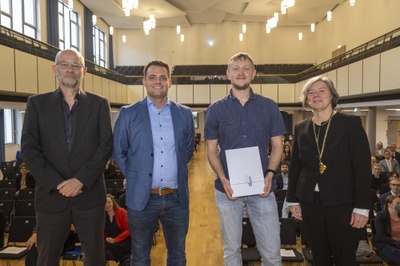
The Bernstein-CorTeC Award honors outstanding scientific achievements in the field of Computational Neuroscience and Neurotechnology. The prize is awarded annually alternating for Doctoral or Master theses.
In Memoriam: Carl van Vreeswijk
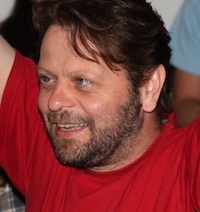
April 2022: The Bernstein Center Freiburg mourns the unexpected death of Carl van Vreeswijk, member of its Scientific Advisory Board. Carl passed away in Paris on April 13, 2022.
Bernstein-CorTec-Award 2022 - Call for Nominations
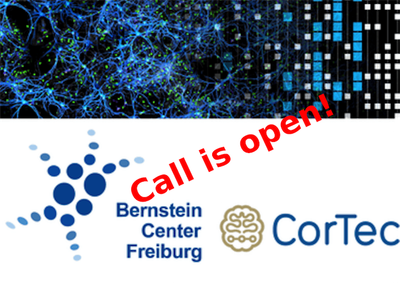
The Bernstein-CorTec Award 2022 will be conferred for a PhD thesis.
Suspect arrested, investigation moves to next round
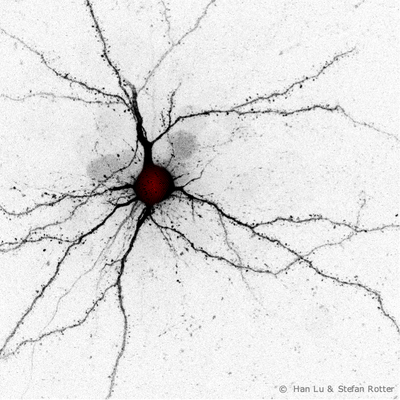
It is probably one of the most extensive investigative files in the history of science. The case has been unsolved for centuries. The reporting, at first heavily influenced by speculation and philosophical deliberations, has had tangible and convincing successes to report in recent decades. The investigators' methods are improving, and the circle of suspects is shrinking. The noose is tightening. A new episode in this whodunit has just been released.
Hebb's Rule Revisited
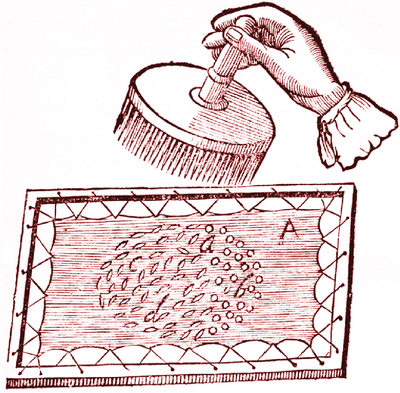
February 2022: The postulate “fire together, wire together” suggests a general mechanism of synaptic plasticity, which is thought to underly network wiring and cell assembly formation. In a new study published in PLOS Computational Biology, three researchers at the Bernstein Center Freiburg shed new light on this process, which is fundamental for robust brain function.
Directionality revealed in hippocampal theta sequences
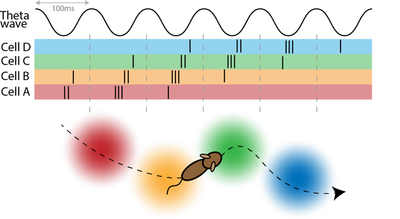
Neuroscientists from BCF discover that hippocampal theta sequences change across different running directions in 2D space, providing insights into how spatial memory is represented by a temporal code.
Cochlear implant as a sensor - Freiburg researchers develop more intelligent intracochlear implants
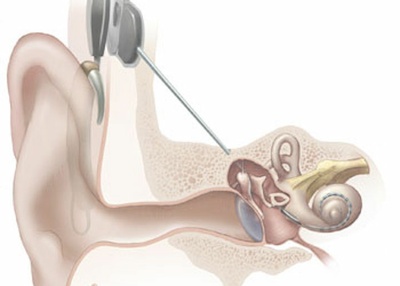
The cochlear implant (CI) is the most successful neural prosthesis worldwide. Thanks to direct stimulation of the auditory nerve, it enables more than half a million people worldwide to hear, even though those affected were born deaf or deafened.

